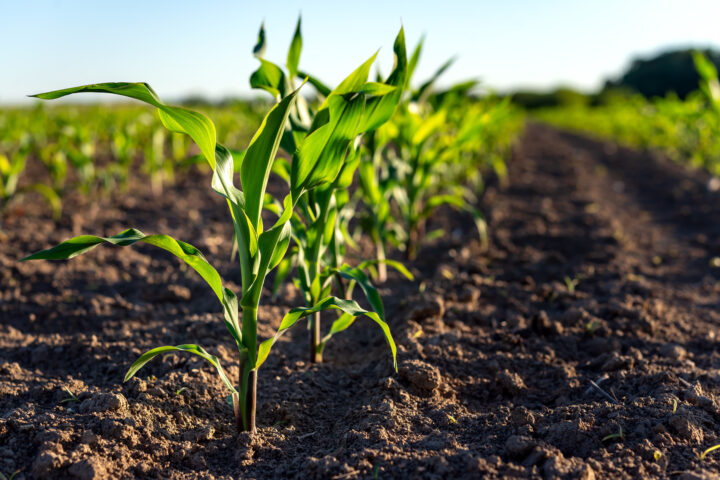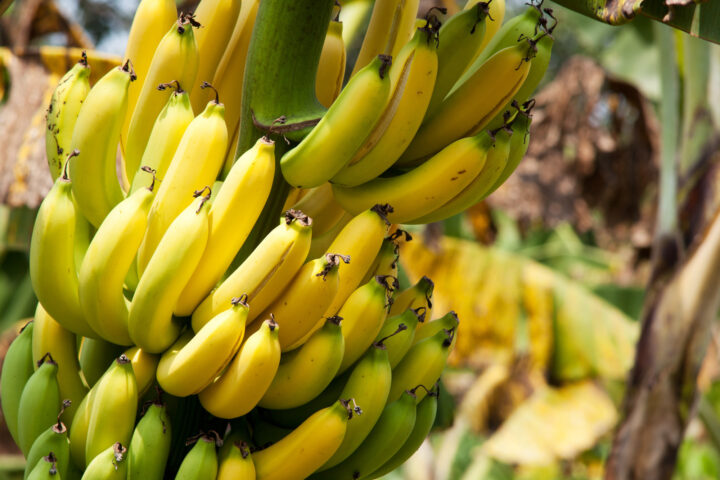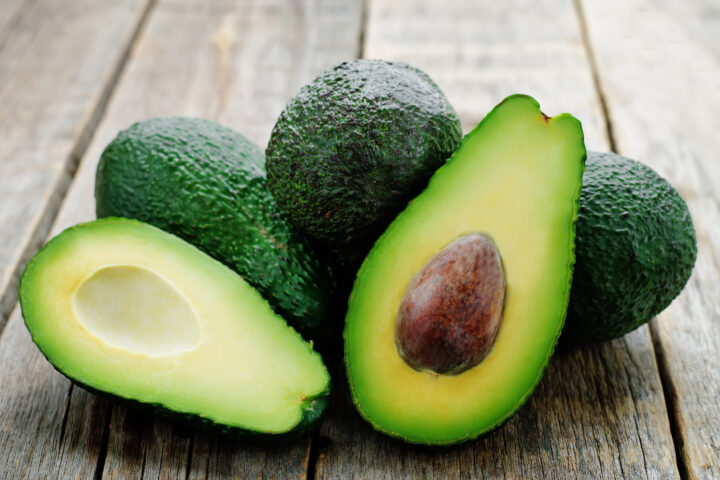
Crop protection products are in short supply - and soon the first vegetable varieties too
Vegetable producers are currently struggling. The reason for this is the lack of Crop protection products. It is becoming increasingly difficult to bring saleable products onto the market. Some farmers are even reaching their limits to such an extent that they have had to stop growing certain vegetable varieties.
Thursday, February 15, 2024
Instead of authorising plant protection products or bringing new ones onto the market, their use is being blocked by politicians. They are often only permitted with special authorisations or emergency approvals - and this is happening more and more frequently. This has fatal consequences for vegetable producers, as a report in the «BauernZeitung» newspaper shows.
«It is becoming increasingly difficult for us to produce saleable products and we can hardly protect our crops sufficiently», said Thomas Wyssa, vegetable producer from Galmiz FR and board member of the Vegetable Producers Association of the Cantons of Bern and Fribourg and the Swiss Vegetable Producers Association, in an interview with the «BauernZeitung». Accordingly, it is the lack of plant protection products that is currently causing the associations «the most problems». The Swiss Farmers' Association therefore recently sounded the alarm at the Seeland Forum and called on vegetable producers to voice their concerns and demands for the new agricultural reform.
As Wyssa further reported in the interview, the lack of various active ingredients is also leading to a rapid increase in the resistance of active ingredients that are still authorised. A year ago, the media warned that the risk of resistance developing and crop failures increases with every pesticide that disappears from the market.
The example of methomyl, which was banned eight years ago, shows that a ban on plant protection products largely brings disadvantages. The pesticide was used to eradicate whitefly, which is a problem with Brussels sprouts, among other things. However, according to vegetable producer Wyssa, there has been no alternative since the ban. The result: a sharp decline in the cultivation of Brussels sprouts. This is particularly true in Seeland, which until a few years ago still had the largest area under Brussels sprouts in Switzerland, accounting for 85 per cent of total domestic Brussels sprout production. Nowadays, according to Wyssa, this figure is just 50 per cent.
One thing is clear: despite fewer pesticides, buyers and consumers have the same expectations when it comes to product quality. However, some of them no longer live up to this. The situation of certain farmers is so precarious that they have had to stop producing some types of vegetables. «In the case of potatoes, there are already producers who are reducing the area under cultivation or even giving up completely», says Wyssa. And this is unlikely to change any time soon: Because after several very difficult growing years for potatoes, seed potatoes are now also in short supply across Europe.
Vegetable quality: downward adjustment of standards
Quality standards regulate which characteristics Swiss vegetables must have in order to be traded. They apply to both conventionally and organically produced goods and are determined in partnership by the Swiss Vegetable Producers Association (VSGP) and the Swiss Fruit, Vegetable and Potato Trade Association (Swisscofel).
As it is becoming increasingly difficult to meet the demands of retailers and consumers for perfect appearance while at the same time fewer and fewer pesticides are available and climatic challenges are increasing, these producer associations negotiated new standards with buyers in mid-2023. It remains to be seen what these will mean in practice and what tolerance buyers from processors and the retail trade will really show. For example, what does «individual animal pests allowed» mean for lettuce or «small feeding marks on the leaves tolerated» for kohlrabi? For the head of the responsible committee, vegetable producer Beat Bösiger, it was «also important that the tolerance for thrips infestations on leeks and spring onions was increased, because we don't have any plant protection products to combat them.» However, the real test for the new standards lies with the consumers, who like to have beautiful vegetables, says Bösiger, adding: «I think the best thing they can do is tolerate the fact that cucumbers can now be a little more crooked and the calibres have been adjusted.»
Kindly note:
We, a non-native editorial team value clear and faultless communication. At times we have to prioritize speed over perfection, utilizing tools, that are still learning.
We are deepL sorry for any observed stylistic or spelling errors.
Related articles

700 Pesticides Await Regulatory Approval
In Switzerland, a significant backlog of pesticides is pending approval from regulatory authorities, who are struggling to keep pace with the demand. This delay has serious implications for both the agricultural sector and environmental sustainability.

Vegetables protect fruits - and vice versa
Plastic packaging in the grocery trade protects fruit and vegetables from spoilage, but also creates considerable amounts of waste. Together with the Empa, Lidl Switzerland has now developed a protective wrap for fruit and vegetables that is based on renewable raw materials.

Scared to death: These ‘Toxic Ten’ chemicals have been widely detected in many commonly-consumed fruits and vegetables
The Toxic Ten are chemicals in your family’s refrigerator and the government does nothing to stop it; it even takes steps to increase their level in food. They are prevalent in the American diet. Studies in animals have shown that they can pose a significant risk to health. By Kevin Folta in The Genetic Literacy Project.

How our daily lives end up in the water
When residues in our waters are discussed, agriculture is often portrayed as the main culprit. Yet a closer look shows that the sources are diverse and often much closer to everyday life than assumed.

New Breeding Methods at a Crossroads
It will soon become clear whether plants developed through modern genomic breeding techniques will be allowed to be cultivated in European fields in the future. Switzerland in particular would be well advised to at least keep an eye on decisions made in Brussels in order not to fall behind.

Why Strict GMO Regulation Stifles Innovation
New breeding techniques such as CRISPR-Cas are considered key to developing resilient crops, stable yields and reducing the need for plant protection products. ETH professor Bruno Studer warns that overregulating these technologies strengthens precisely those large agricultural corporations that critics seek to curb, while excluding smaller breeders and start-ups from the market.

A Superfood with Benefits and Challenges
Sweet lupin is Biovision’s “Superfood of the Year 2026.” It delivers high protein content, improves soils and supports biodiversity. Yet a closer look at agricultural practice shows that without breeding, crop protection and innovation, even this superfood remains a challenging crop.

